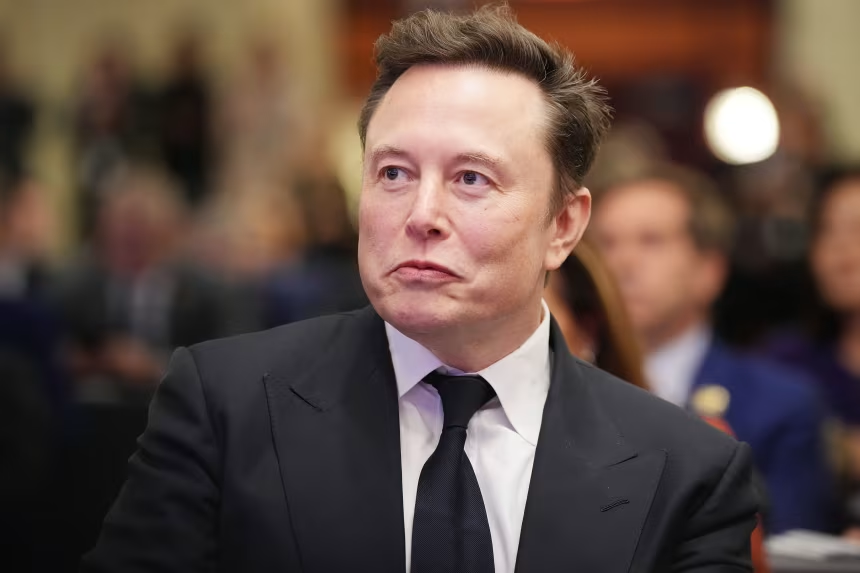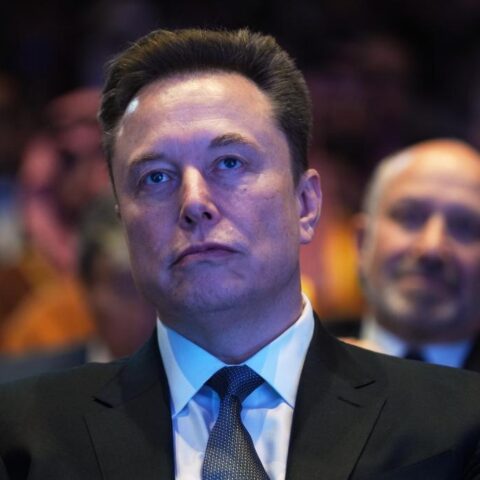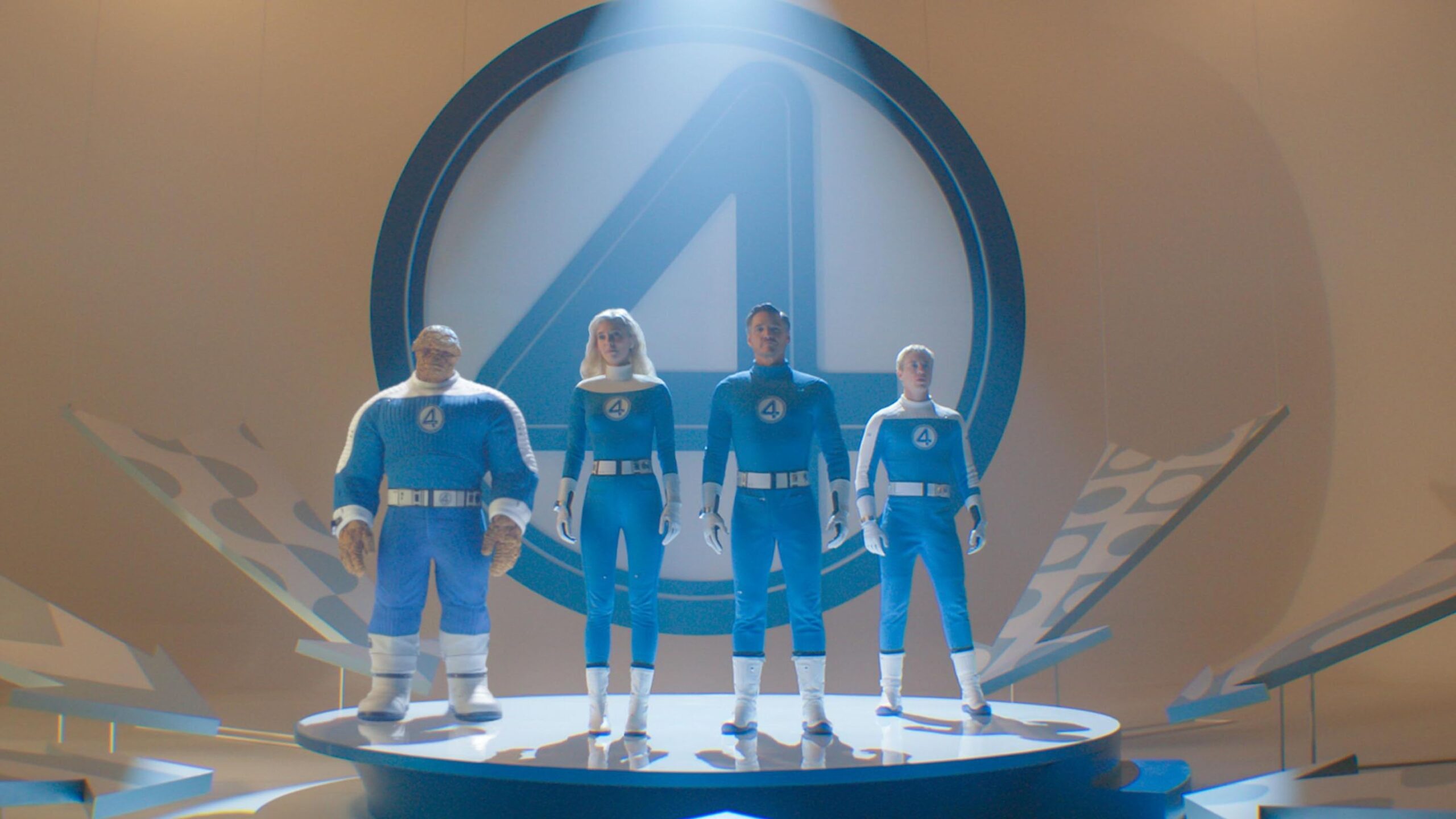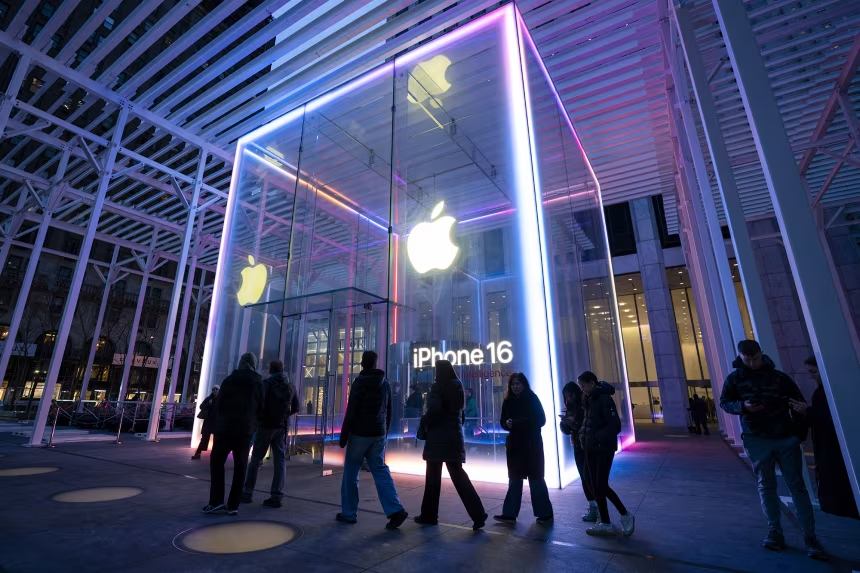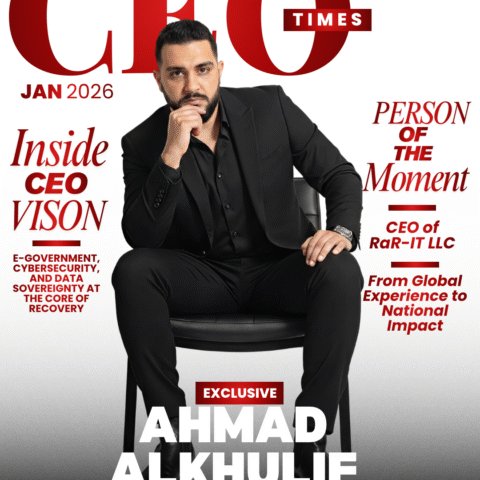Landmark agreement to produce Tesla’s next-gen AI chips in Texas could revive Samsung’s struggling foundry business and reshape the global semiconductor race
In a high-profile move poised to reshape the semiconductor industry, Tesla CEO Elon Musk announced a $16.5 billion deal with South Korea’s Samsung Electronics to supply next-generation AI chips for Tesla’s future vehicles. The chips will be produced at Samsung’s advanced but underutilized fabrication plant in Taylor, Texas.
The strategic agreement is a major lifeline for Samsung’s struggling contract manufacturing (foundry) business, which has been reeling from a lack of clients and significant financial losses. Samsung’s shares surged as much as 6.8% following the announcement, reaching their highest point since September 2023, while Tesla’s stock rose 1.9% in U.S. premarket trading.
Musk revealed that Samsung’s Texas facility will manufacture Tesla’s AI6 chips, a follow-up to the upcoming AI5 model, expected to go into production by the end of 2026. Although no timeline has been set for AI6, analysts forecast mass production may begin in 2027 or 2028, acknowledging Tesla’s track record of missed deadlines.
“The $16.5B number is just the bare minimum,” Musk noted in a post on X. “Actual output is likely to be several times higher.” He also emphasized Tesla’s active role in optimizing chip production: “Samsung agreed to allow Tesla to assist in maximizing manufacturing efficiency… I will walk the line personally to accelerate the pace of progress.”
Samsung currently produces Tesla’s AI4 chips, which support its Full Self-Driving system. The AI5 chips are set to be made by TSMC, first in Taiwan and later in Arizona. With this new AI6 contract, Tesla becomes Samsung’s most significant client yet for its Texas plant—a facility that, until now, had faced delays and lacked major orders.
Analysts believe this deal is pivotal for Samsung, which holds just 8% of the global foundry market, far behind TSMC’s commanding 67%. Ryu Young-ho, senior analyst at NH Investment & Securities, remarked, “This order is quite meaningful. The Taylor fab so far had virtually no customers.”
Amid this announcement, Samsung also disclosed that the deal would span until the end of 2033, though it initially withheld Tesla’s identity due to confidentiality agreements. Reuters later confirmed the client through three independent sources.
Industry observers see the deal as a win-win. For Tesla, it ensures access to vital custom AI hardware to power future autonomous driving and vehicle intelligence systems. For Samsung, it marks a renewed push into high-margin logic chip manufacturing—a key part of Chairman Jay Y. Lee’s long-term strategy to diversify beyond memory chips.
Samsung has been under growing pressure to stay competitive in the AI chip market, where it lags behind not just TSMC but also SK Hynix. The company recently forecast a 56% drop in Q2 operating profit, driven partly by widening losses in its foundry division, estimated at more than 5 trillion won ($3.6 billion) in the first half of the year.
Pak Yuak, an analyst at Kiwoom Securities, believes the Tesla deal will significantly reduce those losses and signal renewed confidence in Samsung’s chipmaking capabilities. Still, questions remain over whether this agreement has any connection to ongoing trade negotiations between South Korea and the U.S., particularly concerning efforts to reduce or eliminate a potential 25% tariff on Korean exports.
As Tesla and Samsung join forces, this partnership could redefine global semiconductor dynamics, inject new life into AI chip innovation, and pave the way for the next phase of intelligent mobility.









